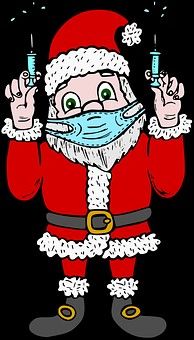
The COVID-19 outbreak on Sydney’s northern beaches that is quickly getting out of control has prompted states and territories into action to prevent the virus from spreading outside NSW.
The Sydney’s northern beaches cluster exploded out of drinks at a bowling club and RSL as contact tracers work to track down the international strain’s “patient zero.” A legion of NSW contact tracers are working frantically to see if they can link the escaped virus to a hotel quarantine breach or to arriving international flight crew, as the size of the cluster surges to 28.
NSW Chief Health Officer Dr Kerry Chant said the cases are all linked so far to an event at the Avalon RSL on Friday, December 11, and a drinking session at the local bowling club on Sunday, December 12.
Of the cluster, eight cases attended the RSL last Friday, sixteen cases went to the bowling club on Sunday, two cases attended both pubs and two further cases had an unspecified ‘link’ to either event.
‘We’ve had a significant seeding event,’ Dr Chant said.
Genomic testing has confirmed the COVID-19 strain is of American origin and likely entered the country from the United States.
Dr Chant said it was ‘possible’ the source of the infection was from an international flight crew.
The virus strain is ‘very close’ to that found in a female overseas traveller who checked into hotel quarantine in early December.
But the sick woman remains in quarantine and authorities are yet to directly establish how, if it all, she is linked to the cluster.
The outbreak is not believed to be linked to a bus driver at Sydney Airport who tested positive earlier this week.
The Avalon pub events both occurred after the NSW government eased restrictions – reopening dance floors to 50 people and doubling the number of patrons in venues.
A member of the band Nothing Too Serious tested positive after performing at the Avalon RSL on December 11.
He then attended two gigs elsewhere in the city, raising fears the virus has been ‘seeded’ across the greater metropolitan area.
The man was on stage at Penrith RSL in Sydney’s far west between 1pm and 6pm on December 13 and at the Kirribilli Club in the city’s north on December 14.
A divorced couple living in Avalon on the northern beaches were among the first northern beaches to test positive to the virus on Wednesday.
Authorities fear the divorced couple could have spread the virus throughout the beaches, amid claims they failed to self-isolate after being tested.
While infectious, the female attended the local change rooms at Palm Beach. One or both went to cafes, a Woolworths supermarket, and a local pie shop.
Authorities have since issued alerts for scores of other locations across the ‘insular peninsula’ of the northern beaches.
A van driver who takes international and domestic aircrew from the airport to their hotels tested positive earlier this week. But the driver lives in south-west Sydney – far from the northern beaches – and his close contacts are in isolation. NSW Chief Health Officer Kerry Chant said there are no further cases associated with the van driver.
On December 2, a cleaner at a quarantine hotel complex in Darling Harbour tested positive. She had worked across both the Ibis Hotel and the Novotel. The Novotel is a quarantine hotel. The cleaner had also regularly travelled on public transport from Minto a 50km commute.
It’s clear the systems aren’t foolproof and the weak links in the system need to be addressed.
Professor Mary-Louise McLaws, an infectious diseases expert at the University of New South Wales, said while the hotel system was an effective initial response to the crisis, it was no longer appropriate due to factors such as a lack of airflow and being in a built-up environment. She said they should be moved out of the city to isolated sites.
With the COVID cluster currently at 28, NSW Premier Gladys Berejiklian has urged people in Greater Sydney to reconsider “non-essential” movement and has told Northern Beaches residents to stay at home unless it’s “absolutely necessary” for them to travel elsewhere.
As a result, all the states and territories have issued updates on what this means for interstate visitors and returning travellers.
Queensland
Queensland Chief Health Officer Dr Jeannette Young said in a statement yesterday that anyone who was in the Northern Beaches region on or since 11 December 2020 and is already in Queensland should get tested and quarantine in their home or accommodation for 14 days from the date they left the Northern Beaches.
Anyone who was in the Northern Beaches region on or since 11 December 2020 and arrives in Queensland on a flight from Sydney now must get tested and quarantine in their home or accommodation for 14 days from the date they left the Northern Beaches.
Anyone who was in the Northern Beaches region on or since 11 December 2020 and arrives in Queensland on a flight from Sydney after 1am on 19 December 2020 must go into hotel quarantine at their own expense for 14 days from the date they left the Northern Beaches and get tested.
This includes both interstate visitors and Queensland residents returning home.
Western Australia
Based on the health advice, the Western Australian government has moved NSW from a ‘very low risk’ state to a ‘low risk’ state.
This means that anyone arriving from NSW will now be required to self-quarantine in a suitable premise for 14 days. These arrivals will also be required to be tested for COVID-19 on day 11.
Anyone who has arrived from NSW from 11 December or was in NSW from 11 December and subsequently arrived in WA before 12.01am today will be required to follow updated arrangements.
These include the requirement to self-quarantine in a suitable premise as soon as possible, to present for a COVID-19 test as soon as possible, to return to self-quarantine until a negative test result is confirmed, and to undertake a further test on day 11 after arrival in WA.
Victoria
The Victorian Department of Health and Human Services said in a statement this morning that anyone who was in the Northern Beaches region or other NSW exposure sites on or since Friday 11 December 2020 and is already in Victoria should get tested and quarantine in their home or accommodation for 14 days from the date they left the Northern Beaches.
“Anyone who was in the Northern Beaches region or other NSW exposure sites on or since Friday 11 December 2020 and arrives in Victoria after midnight Thursday 17 December 2020 must get tested and quarantine in their home or accommodation for 14 days from the date they left the Northern Beaches,” the statement read.
“The Victorian government will announce further advice for travellers arriving into Victoria from the Northern beaches or other NSW exposure sites after midnight Saturday 19 December 2020 later today.”
South Australia
The SA Health website says anyone who has visited the locations on the date and time listed on the NSW Health website under the ‘Self-isolate and get tested’ heading must self-quarantine immediately for 14 days (commencing on the last day they were present at the site).
“Anyone who visited these locations must get a COVID-19 test immediately and again on day 12 of the self-quarantine. Some people may be asked to have additional tests,” the website states.
Tasmania
Tasmania’s Deputy Director of Public Health Services, Scott McKeon, said the state is now categorising the Northern Beaches LGA and several other locations in Sydney as ‘high risk’
McKeon said people who have been at the Northern Beaches LGA or at any of the other high-risk areas during the specified times and are currently in Tasmania should self-isolate and contact the Public Health Hotline on 1800 671 738 to arrange a test.
“People wishing to travel to Tasmania who have been at these areas during the specified times will not be permitted to travel unless approved by the Deputy State Controller,” he said.
“For all travellers from NSW who are yet to arrive in Tasmania, your Tas e-Travel pass will be cancelled and you will need to reapply to confirm you have not visited any high-risk locations.
“If you are affected, please check the latest advice on the Tasmanian coronavirus website.
“The public health assessment is that NSW outside of these high-risk areas remains low risk. However, Public Health will closely monitor the situation and respond accordingly.”
ACT
All Canberrans are advised not to travel to the Northern Beaches area of Sydney at this time.
Any Canberrans who have been in the Northern Beaches area from Friday 11 December 2020 have been ordered immediately self-quarantine and get tested.
In addition, anyone who has been in an affected location identified by NSW Health should contact the ACT Communicable Disease Control team for further advice.
As Professor Mary-Louise McLaws said the systems aren’t foolproof and effective to prevent this outbreak from happening and the weak links in the system need to be addressed with the utmost priority.
Written by Joe Cusmano
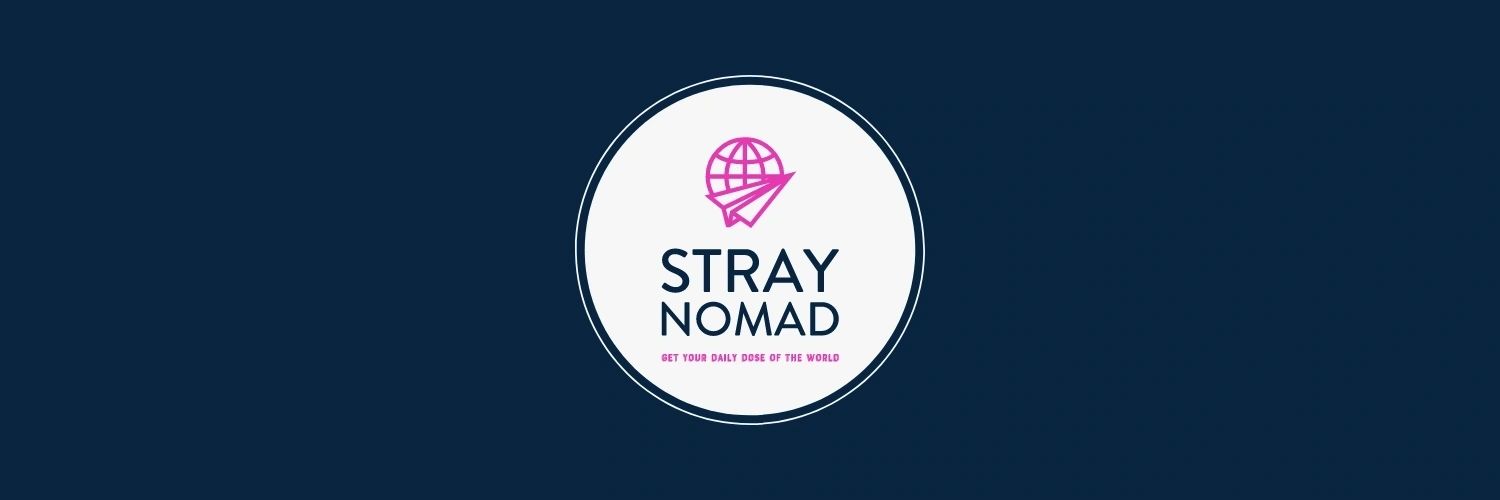
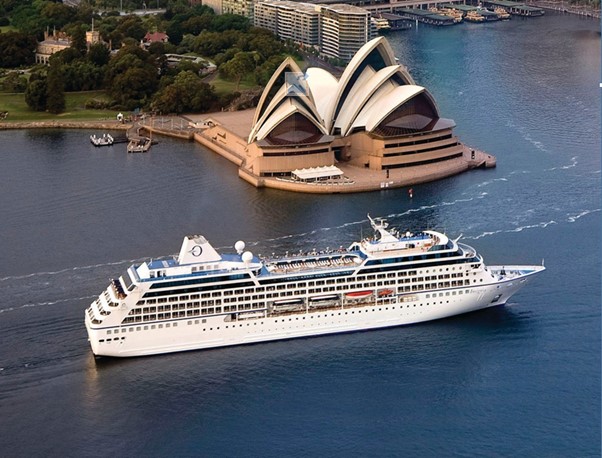 Oceania Riviera Makes Stylish Sydney Debut for First Australia Season
Oceania Riviera Makes Stylish Sydney Debut for First Australia Season 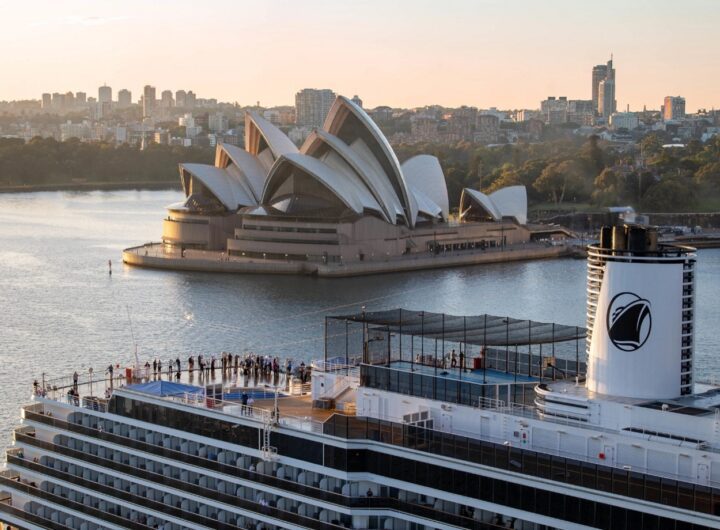 Holland America Line 2027-2028 Cruises: Deep Exploration from Great Barrier Reef to Fiji with New Overnight Stays
Holland America Line 2027-2028 Cruises: Deep Exploration from Great Barrier Reef to Fiji with New Overnight Stays  Princess Cruises Reveals Epic 2027-28 Australia Season: Three Ships, 80 Departures, Endless Adventure
Princess Cruises Reveals Epic 2027-28 Australia Season: Three Ships, 80 Departures, Endless Adventure 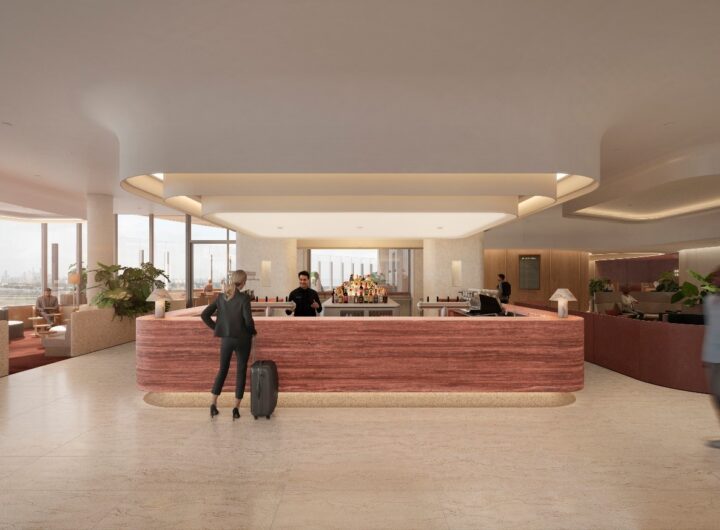 Qantas Revamps Lounge Experience: Sydney International Business Lounge Upgrade & Auckland Lounge Opening for Holiday Peak
Qantas Revamps Lounge Experience: Sydney International Business Lounge Upgrade & Auckland Lounge Opening for Holiday Peak 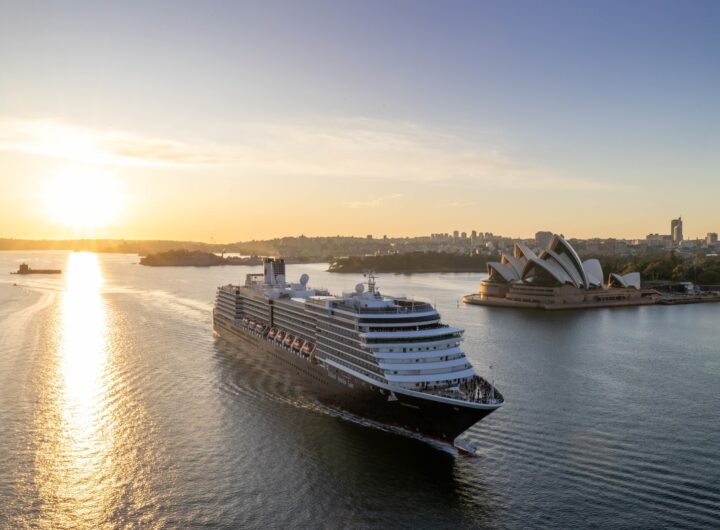 Holland America Line Launches 2025–2026 Australia & New Zealand Close-to-Home Season
Holland America Line Launches 2025–2026 Australia & New Zealand Close-to-Home Season  Stray Nomad 2025: A Year in Review
Stray Nomad 2025: A Year in Review 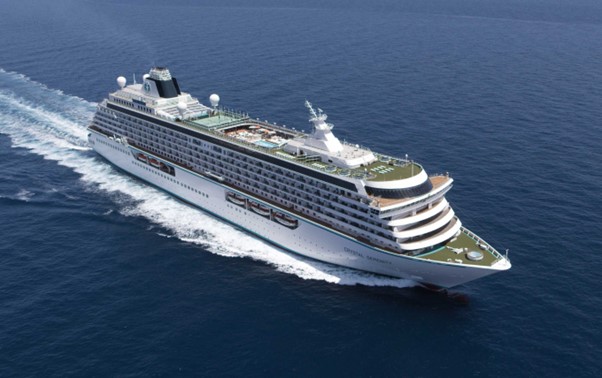 Crystal Serenity Unveils 2028 Amazon, Caribbean and Azores Voyages
Crystal Serenity Unveils 2028 Amazon, Caribbean and Azores Voyages 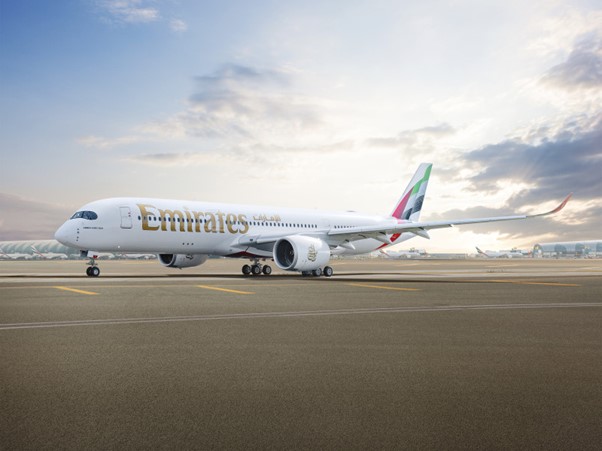 Emirates Ends 2025 on a High with Five World Travel Awards and Over 20 Global Honours
Emirates Ends 2025 on a High with Five World Travel Awards and Over 20 Global Honours 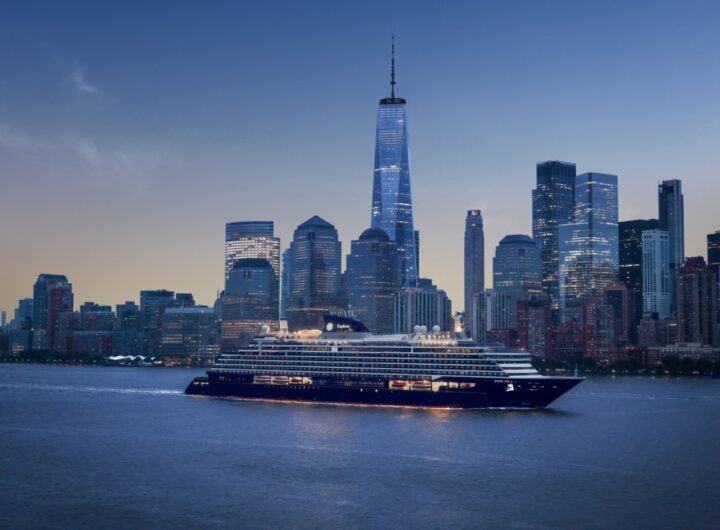 Explora Journeys and Hilton Unite for a New Era of Luxury Ocean Travel with Launch of Hilton Honors Adventures
Explora Journeys and Hilton Unite for a New Era of Luxury Ocean Travel with Launch of Hilton Honors Adventures 